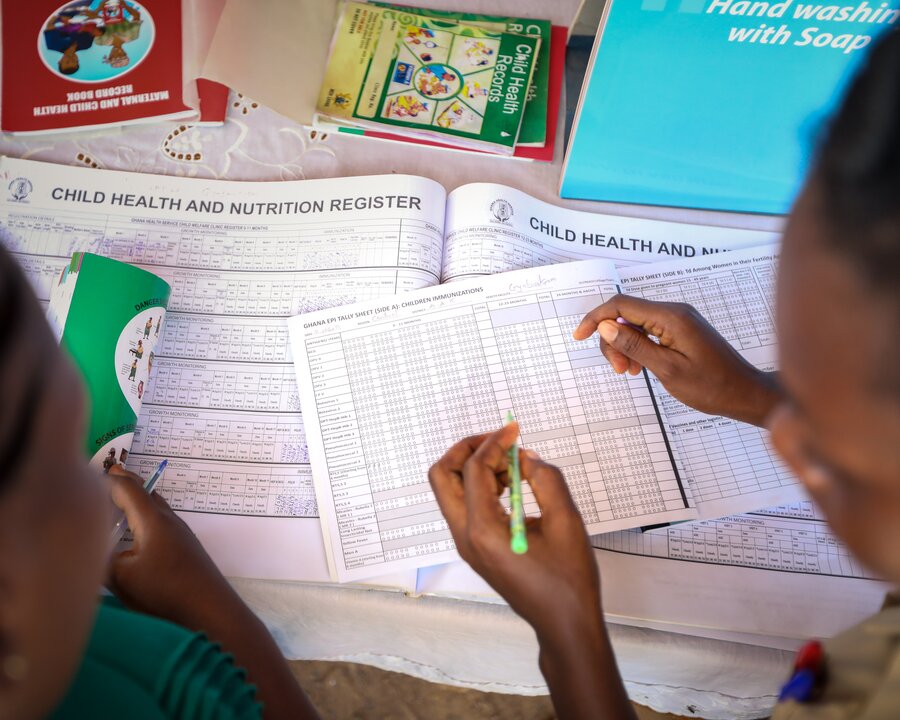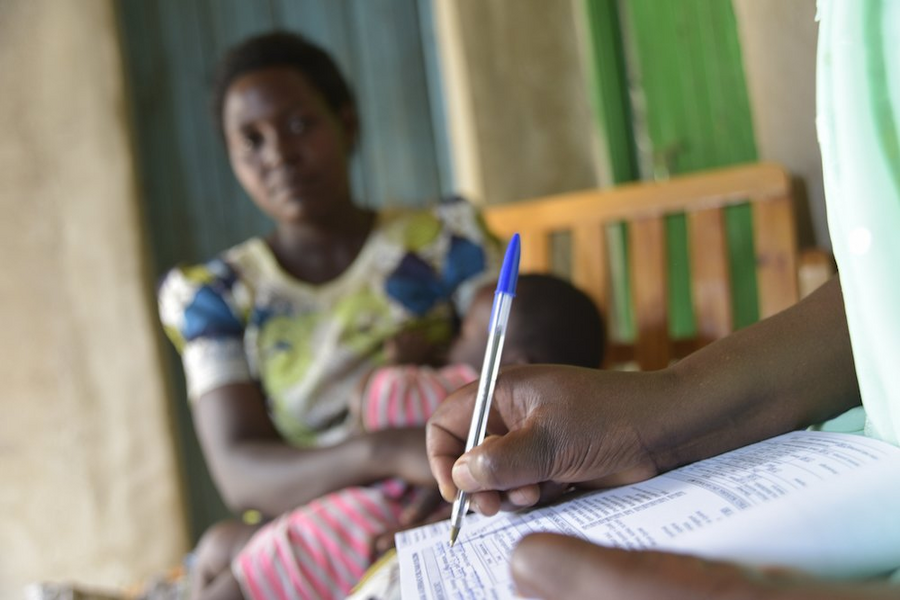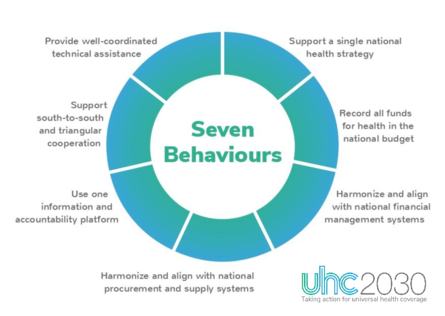Integrating universal health coverage in the pandemic treaty...

To achieve universal health coverage, countries must develop and strengthen all aspects of their health systems.
UHC2030 encourages partners and related initiatives to coordinate their efforts on health systems strengthening (HSS), and provides concrete tools and approaches to help improve coordination. This particularly applies to low- and middle-income countries with weaker health systems, where multiple partners provide development cooperation to support HSS. Specifically, UHC2030 works to:
- Improve coordination of HSS efforts at the global level, including synergies with related initiatives
- Strengthen multi-stakeholder policy dialogue and coordination of HSS efforts in countries, including adherence to principles of effective development cooperation in countries receiving external assistance
- Prioritise country-level impact by developing tools and approaches to improve coordination, including facilitating coordinated technical assistance
Action on health systems, for universal health coverage and health security
Strengthening health systems, with a focus on equity and resilience, is crucial for UHC and health security and contributes to wider socioeconomic progress. Action on health systems, for universal health coverage and health security provides a strategic narrative for strengthening health systems, to guide national, regional and global advocacy and action. It brings together recommendations from recent high-profile initiatives and reports, focusing on priority actions and the roles of different partners and constituencies.
Health systems for universal health coverage: a joint vision for healthy lives
Healthy systems for universal health coverage - a joint vision for healthy lives, proposes a joint vision for health systems strengthening (HSS) to achieve UHC. It is intended to be a key reference document for UHC2030 as well as a broader resource for the global community to inform collaboration on the HSS and UHC agenda. The vision outlines health system performance dimensions and policy entry points to promote UHC through HSS, including critical action for the way forward and principles to guide action.
Effective development cooperation
For countries that receive external development assistance, adhering to effective development cooperation principles is still the most effective way to ensure coordination around health systems strengthening. The seven behaviours are critical areas international development must focus on to accelerate progress towards universal health coverage.
- Provide well-coordinated technical assistance
- Support south-to-south and triangular cooperation
- Use one information and accountability platform
- Harmonize and align with national procurement and supply systems
- Harmonize and align with national financial management systems
- Record all funds for health in the national budget
- Support a single national health strategy
These principles are anchored in country ownership and guide the actions of all partners towards more effective and aligned efforts towards HSS and thereby UHC.
UHC2030 continues to pay particular attention to country contexts where the alignment and coordination of global partners around country leadership and systems is critical but not a given, particularly in post-conflict and fragile contexts.
Health Systems Policy Areas and Actions

Health systems strengthening should focus on five dimensions of health system performance:
- Equity
- Quality
- Responsiveness
- Efficiency
- Resilience
Improved health systems performance also requires national, regional and global action in three interrelated health systems policy areas:
1. Service delivery
- Expanding frontline services, particularly primary health care
- Scaling up investment in skilled health workers
- Improving access to medicines and health technologies
- Innovating to meet the health needs of vulnerable and marginalised groups
- Expanding engagement with non-state providers
- Improving patient safety and quality of health services
- Implementing International Health Regulations and service delivery models that promote resilience
- Fostering multi-sectoral action to address the social determinants of health.
2. Health financing
- Mobilising resources through progressive taxation and prioritising health, within a sustainable macroeconomic framework
- Expanding pooling arrangements to improve financial protection for all
- Strategic purchasing to increase efficiency of health spending, with a focus on public goods and public health.
3. Governance
- Fostering citizens’ platforms and people’s voice mechanisms
- Promoting freedom of information and expanded use of quality data
- Adopting legal frameworks supporting access to quality health services
- Developing policy dialogue platforms and multi-sectoral action
- Promoting regional and global mechanisms for collective action and partnership
- Strengthening research and development, including technology transfer mechanisms.
Tools and approaches to improve coordination of HSS
There is no one-size-fits-all approach to health systems strengthening. The following principles have been identified to guide action in prioritising and implementing HSS:
- Leaving no one behind: a commitment to equity, non-discrimination and a human rights-based approach
- Transparency and accountability for results
- Evidence-based national health strategies and leadership
- Making health systems everybody’s business with engagement of citizens, communities, civil society and private sector
- International cooperation based on mutual learning across countries and development effectiveness principles.
UHC2030 continues to update existing tools and to develop new tools to assist countries in translating the principles of HSS for universal health coverage into practice.
Resources
- Statement on sustainability and transition from external funding
- UHC2030 Guidance document to assess a health care arena under stress
- Public financial management - Policy notes
- Covid19 and fragile settings - Policy notes
- Country Compacts
- Joint Assessment of a National Health Strategy (JANS)
- Joint Financial Management Assessment
- Country planning database
- Joint Annual Health Sector Reviews (JARs)
- How to Improve Technical Assistance
- South-south collaboration
Health Systems Strengthening News
A message from UHC2030's Co-Chairs
Eight lessons from the UHC2030 Related Initiatives.
Joint statement by UHC2030 Co-Chairs and the UHC Movement...
Statement on UCLG Membership of UHC2030
Kyrgyzstan is updating its health sector coordination to reflect...

